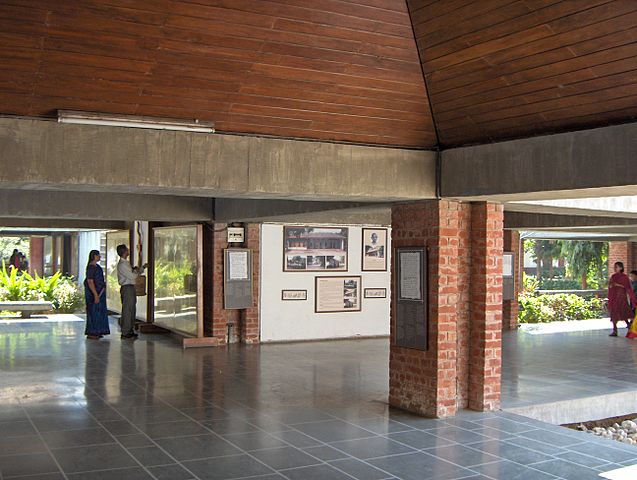Charles Correa, who was widely acknowledged as India’s pre-eminent architect, has died at the age of 84. In recent years, his commissions have included such grand projects as the Champalimaud Centre for the Unknown in Lisbon (2010) and the Ismaili Centre in Toronto (2014), and he is perhaps best known for the British Council building in New Delhi (1993). His many awards include the RIBA Gold Medal in 1984. However, working abroad or designing iconic buildings was a very small part of Correa’s working life. He belonged to a generation that came of age in post-Independence India and despite his training in the US (at the University of Michigan and then at MIT), Correa consistently sought to create a modernist architecture that would suit India and he was keenly interested in urban planning and low-cost housing.

Ismaili Centre, Toronto. Photo: John Oyston/Wikimedia Commons (used under Creative Commons licence [CC BY-SA 4.0])

Mahatma Gandhi Memorial, at the Sabarmati Ashram, Ahmedabad. Photo: Nichalp/Wikimedia Commons (used under Creative Commons licence [CC BY-SA 2.5])
Unlimited access from just $16 every 3 months
Subscribe to get unlimited and exclusive access to the top art stories, interviews and exhibition reviews.














![Masterpiece [Re]discovery 2022. Photo: Ben Fisher Photography, courtesy of Masterpiece London](http://zephr.apollo-magazine.com/wp-content/uploads/2022/07/MPL2022_4263.jpg)
What the dismantling of USAID means for world heritage